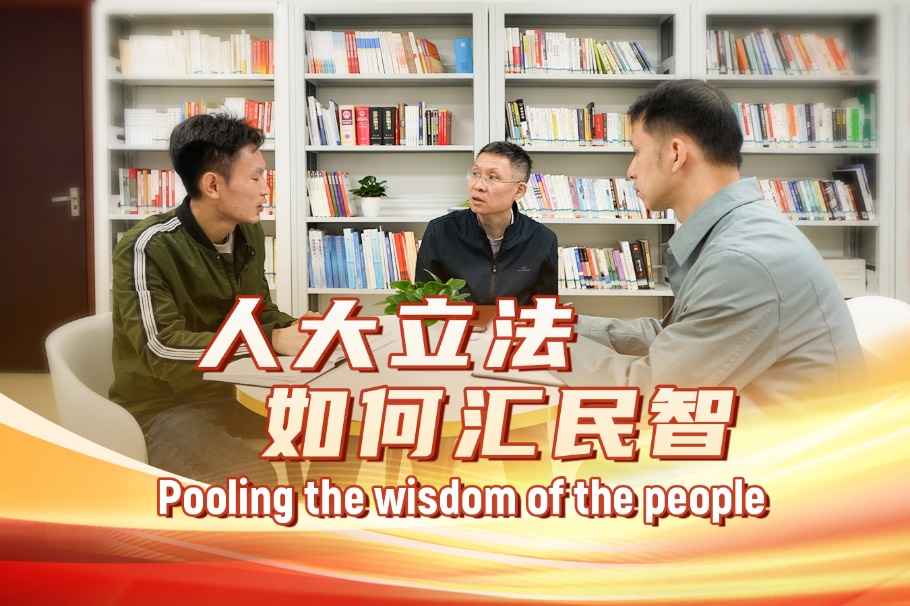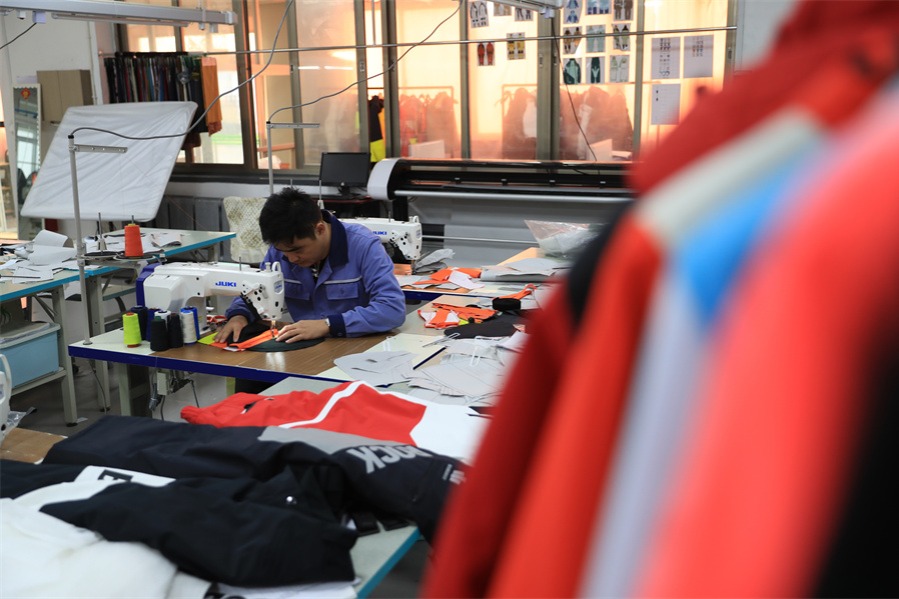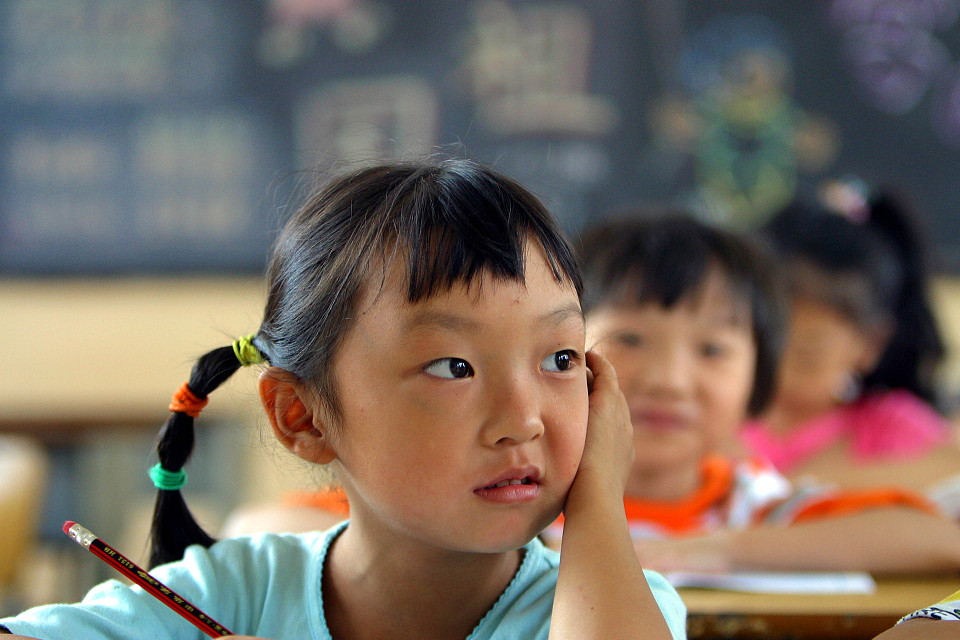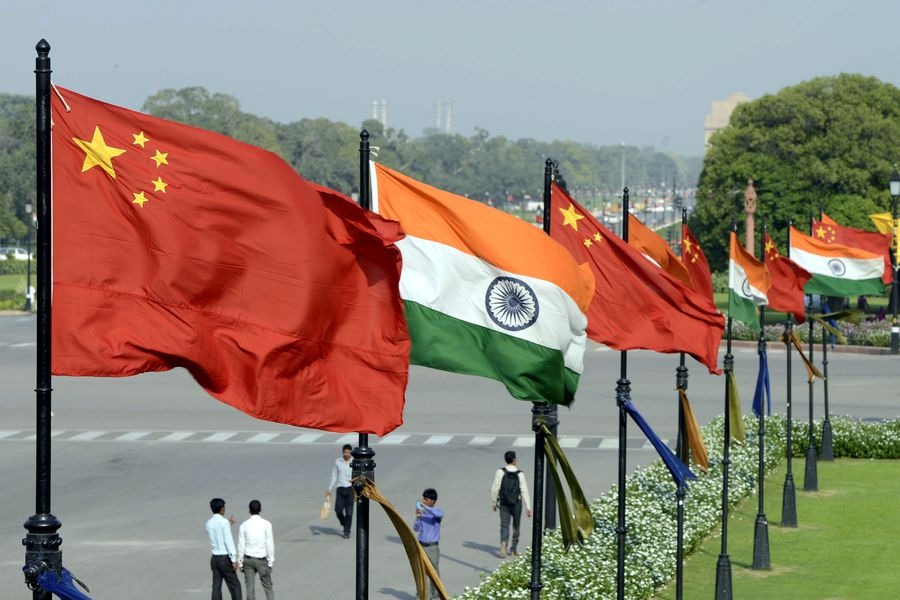2024 policies signal a promising future for children


This year has seen the framing of a range of new policies for children in China, which hold the promise of significant advances across a range of children's issues. This is especially important for those children who have been left behind — such as those with disabilities or affected by migration — despite China's rapid modernization in recent decades.
A series of recent initiatives, including the National Action Plan for Migrant Children, the Preschool Education Law, and the Employment-First Strategy demonstrate a strong commitment to improving the lives of children and young people across the country. UNICEF welcomes these measures. The Chinese government's move of taking comprehensive action on children and family issues is commendable. These are also issues that UNICEF has advocated on.
The National Action Plan for Migrant Children, for example, is a landmark policy that addresses the specific needs of a particularly vulnerable group. In 2020, 138 million children in China — nearly half the country's child population — were affected by migration. Of these, 67 million were left behind by migrating parents, particularly in rural areas, while 71 million moved to cities with their parents, who migrated in search of work.
By ensuring that migrant children have access to quality education, healthcare and social services, regardless of their parents' hukou (household registration) status, China is taking a significant step toward ensuring a more equitable and family-friendly society.
The Preschool Education Law is another important piece of legislation that has the potential to transform early childhood education in China. By setting higher standards for educators, improving infrastructure and expanding access to preschool education, especially for children with disabilities, this law provides a stronger foundation to help children develop the skills and knowledge they need. Importantly, this law confirms the right of all children to access education, including in remote and less well-off parts of China.
Children's issues apart, China is also making strides on family-friendly policies to address its declining birth rates. These include a set of new policies called "Several Measures on Accelerating the Improvement of the Birth Support Policy System". By introducing nationwide child grants, expanding maternity insurance coverage to a wider range of workers, and increasing the supply of inclusive childcare services, the government is taking concrete actions to support people who want to raise a family.
These measures, some of which were informed by UN research and advocacy, are important for enhancing China's human capital. Child grants, for example, are a globally proven way of improving child development outcomes in areas such as education, health and nutrition. They also promote family integration, ensuring that parents can cover the basic expenses involved in raising children, especially during the critical early years.
China's Employment-First Strategy, meanwhile, is a comprehensive approach to ensure stable and high-quality employment. By promoting job creation in emerging sectors such as the digital economy and green industries, this strategy can help alleviate poverty and improve living standards for families across the country, particularly young people who are entering the work force for the first time.
China's green transition is not only essential for environmental sustainability, but also for the long-term wellbeing of its children. By investing in renewable energy, clean technologies and sustainable agriculture, China can help create a healthier and more resilient planet for future generations.
Children also benefit when policies improve the environment for working mothers. By providing maternity and paternity leave, childcare support and flexible work arrangements, China can create a more favorable environment for working mothers and their families. This is an area where more can be done by the government and the private sector.
While the recent policy changes are undoubtedly positive for children, some challenges remain. Key issues are coordination across different parts of government and the ability of sub-national governments to adequately fund, implement and monitor these important measures.
By working together, central and local governments can ensure consistent and effective policy implementation. Investing in the training and development of teachers, healthcare workers and social workers will enhance the quality of services provided to children. Public awareness campaigns can empower families to access services. Regular monitoring and evaluation will help track progress and identify areas for improvement. Collaboration with the private sector, academia and community-based organizations can strengthen service delivery. Last but not least, it is critical to listen to the children themselves to know about the challenges they face, and include them in the decision-making processes on the issues that affect them.
UNICEF is committed to supporting the Chinese government and other partners in implementing these policies for children and families, as well as to advocate for the rights of every child. We hope that we can grasp the opportunity presented by these new policies — and others that will follow — to create a more inclusive and equitable society where every child in China can thrive.
The author is the UNICEF representative to China. The views don't necessarily reflect those of China Daily.
If you have a specific expertise, or would like to share your thought about our stories, then send us your writings at opinion@chinadaily.com.cn, and comment@chinadaily.com.cn.


































